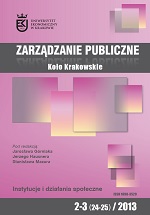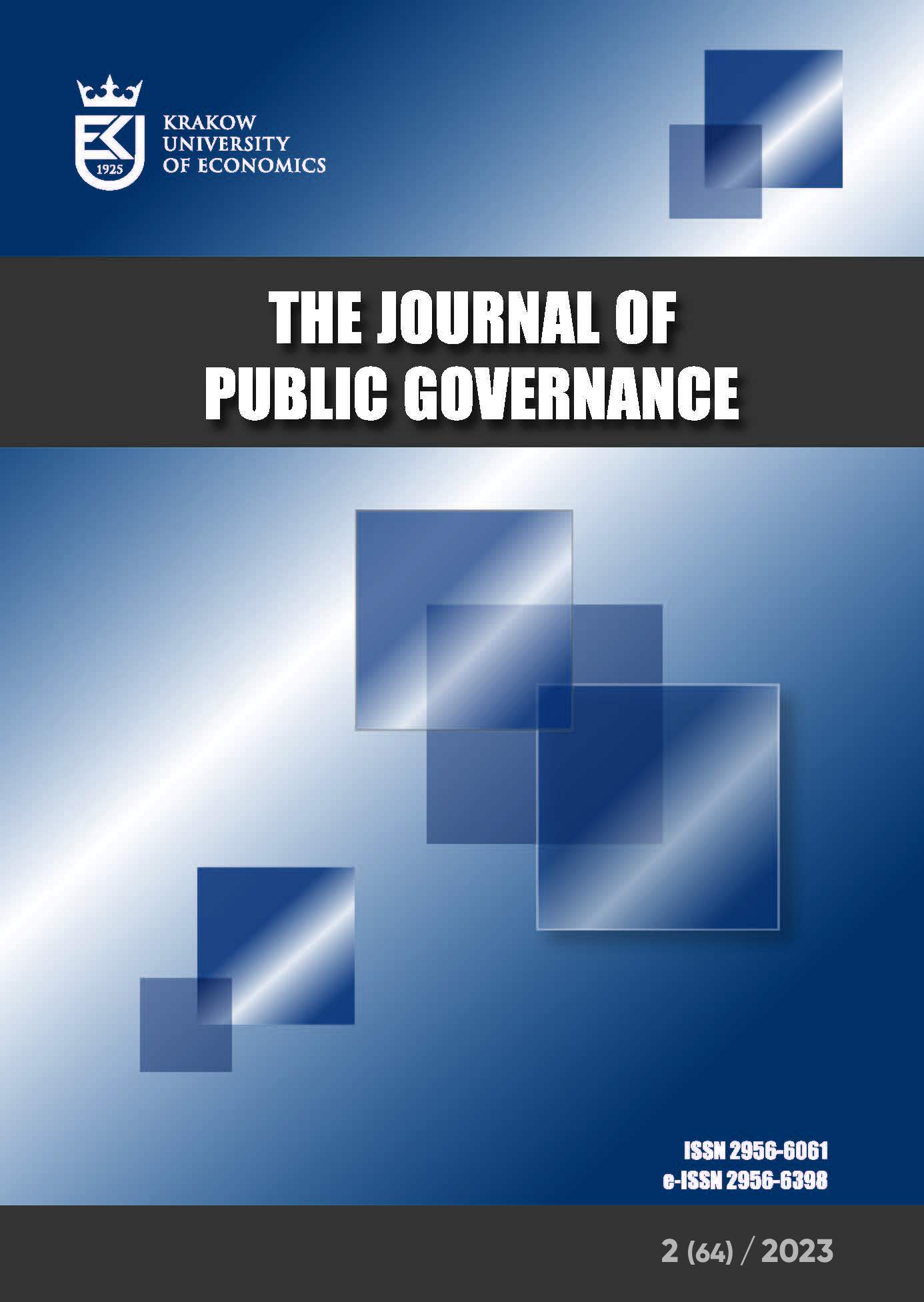Institutions, knowledge, action, and institutional capital
Keywords:
institutions, economic development, wealth of nations, action, knowledge, information, institutional capitalAbstract
The purpose of this article is to present a systematic concept of institutions from the point of view of analytical sociology. The concept is introduced in order to find the decisive factor determining the competitive advantage of certain countries, the “wealth and poverty of nations”. The author considers institutions as a key factor for economic development. He begins with an overview of current approaches to the semantic range of the notion of institution. One of the dilemmas in this discussion is whether or not organizations should be treated as a special type of institutions. The next topic of analysis is human action, which is a purposeful activity of individuals based on their knowledge. The article demonstrates the relation between such activity and institutions understood as repositories of social knowledge
regarding groups of situations and action programmes related to them. In the final part of the article, the notion of “institutional capital” is introduced; consequently, the institutions are analyzed from the point of view of their influence on the productivity of resources and on the competitiveness and prosperity of nations. In the conclusions, the author notes that sociology moves away from analyses of institutions, and that the institutional approach becomes increasingly important in economics. He points out the many unexplored issues in this area of social research.
Downloads
Downloads
Published
How to Cite
Issue
Section
License
Open Access, licence: CC-BY 4.0




